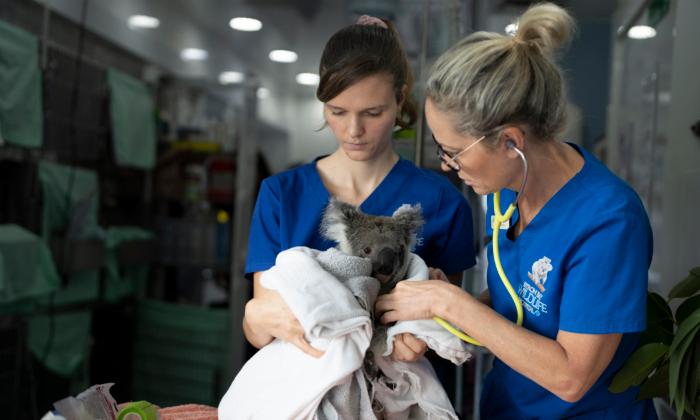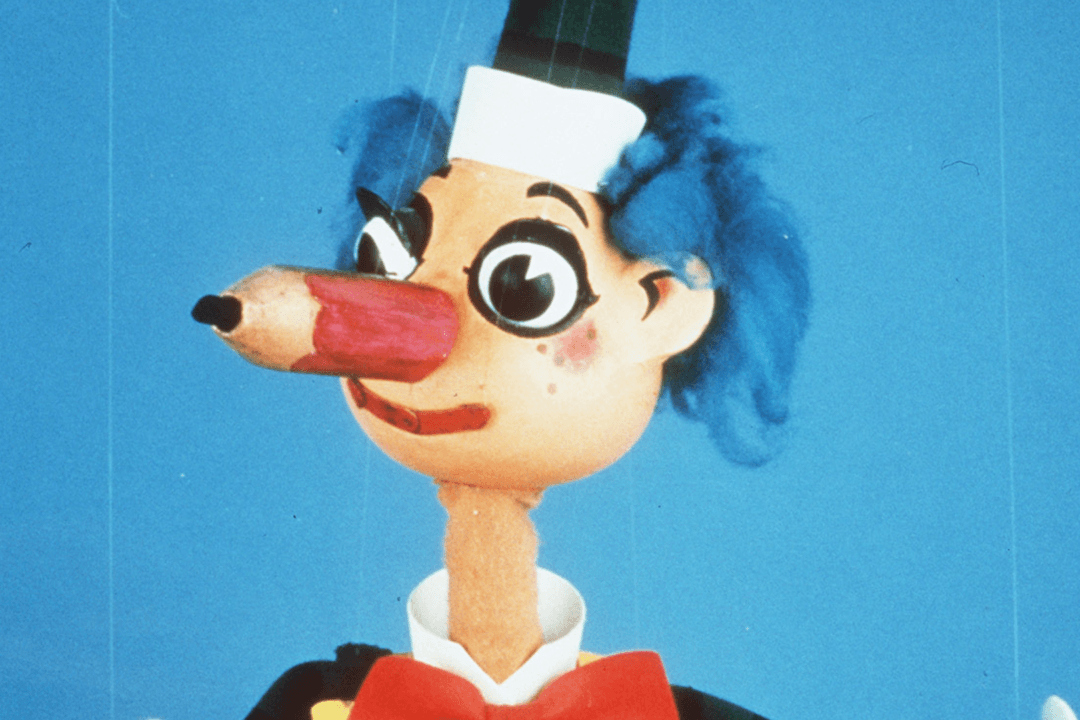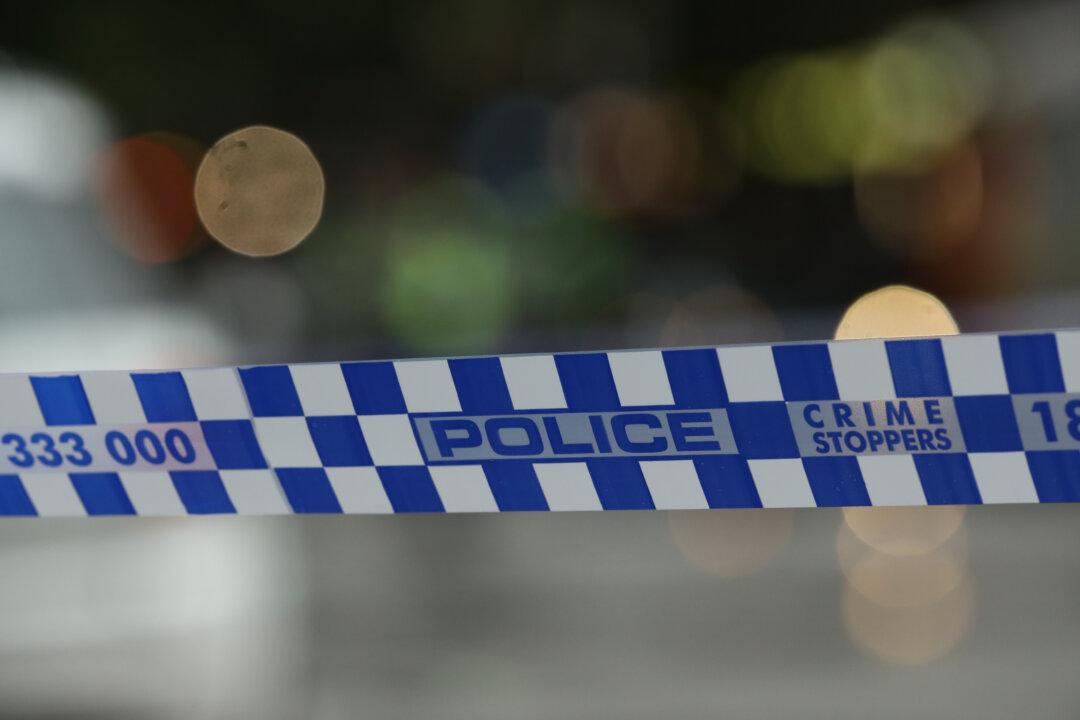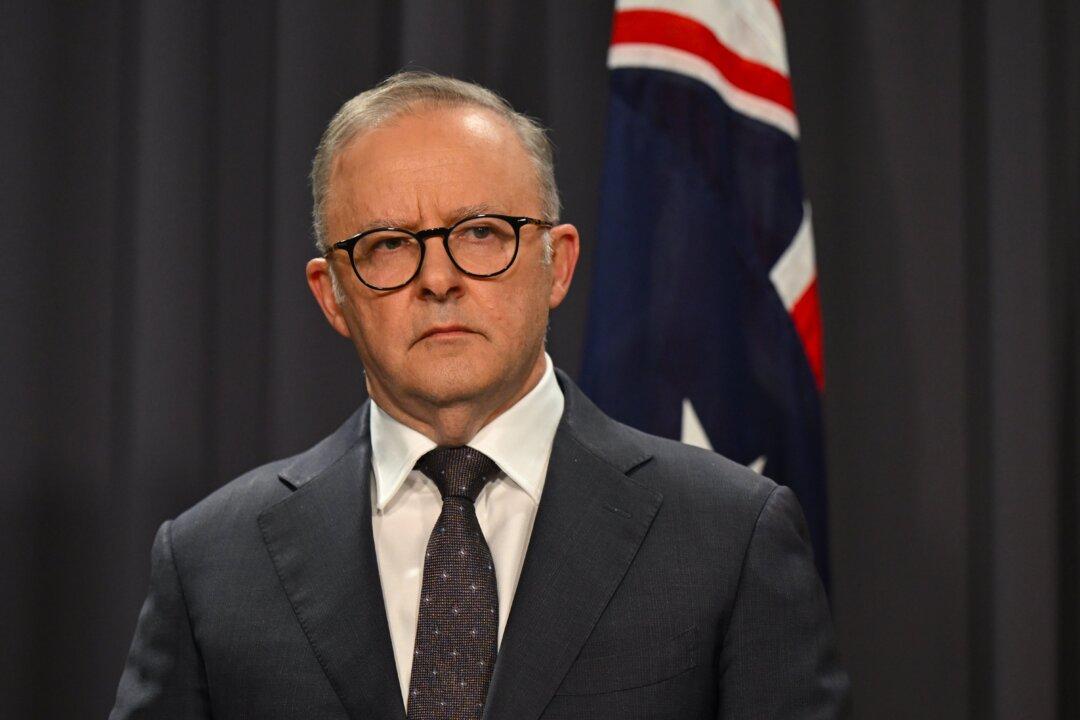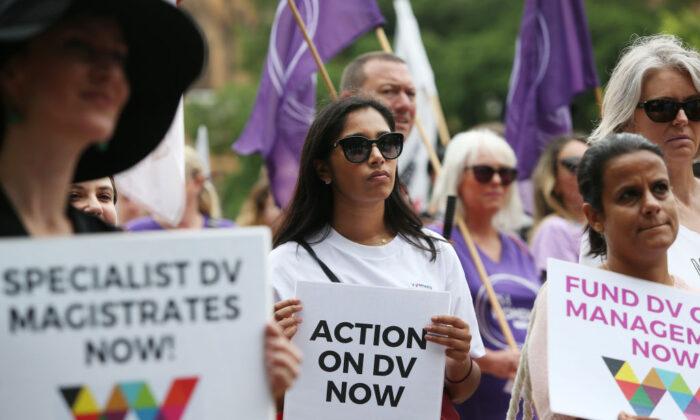A wildlife hospital set up after the Black Summer bushfires faces imminent closure after the New South Wales (NSW) government reneged on a $6 million (US$4 million) funding deal struck by the previous administration.
Byron Bay Wildlife Hospital chief executive Stephen Van Mil said the loss of the government funding over four years was very bad news for native animals.
“We’re devastated,” Van Mil told AAP on July 7.
“We don’t know whether we'll be able to keep going.
“It went from $6 million to nothing. Overnight. The whole thing got kyboshed in one phone call.”
The hospital was created three years ago to deal with the influx of severely injured animals after Australia’s largest bushfire disaster in 2019 and 2020 tore through the area’s bushland, decimating the local wildlife population.
More than 4000 animals have since been treated, including in excess of 1000 in the past six months.
Previously entirely funded by private donations, it is the only all-species wildlife hospital in NSW apart from two run by Taronga Zoo in Sydney and Dubbo.
A visit in October 2022 by then-premier Dominic Perrottet led to a $6 million, four-year funding announcement, subject to approval by the state cabinet’s expenditure review committee.
Van Mil said the wildlife hospital received a letter two weeks ago letting it know the grant had been denied.
A spokesman for the Environment Minister Penny Sharpe said the submission was rejected because it was not found to be value for money.
The state had earmarked $2 million (US$1.3 million) for wildlife rehabilitation in the Northern Rivers region and was also supporting the wildlife rehabilitation sector through the $3.5 million (US$2.3 million) statewide Koala Strategy, the spokesman said.
Van Mil disapproved the financial argument.
The hospital had commissioned an independent review of the application process that found $1.5 million (US$1 million) in annual donations generated $4.3 million (US$2.9 million) positive economic impact on the economy, through tourism and jobs.
“We absolutely demonstrated the economic value of what we do,” Van Mil said.
Opposition environment spokeswoman Kellie Sloane said the government could not just say no and do nothing.
“Labor needs to start providing solutions if it’s serious about the environmental and our native wildlife,” Sloane told AAP.
The hospital has reached out to federal Environment Minister Tanya Plibersek for help and renewed a public appeal.
Van Mil said he felt bad about asking the public for donations again but was worried about the future.
“There is a real, genuine chance we'll fold. We’ve got about two months of funding left,” Van Mil said.
